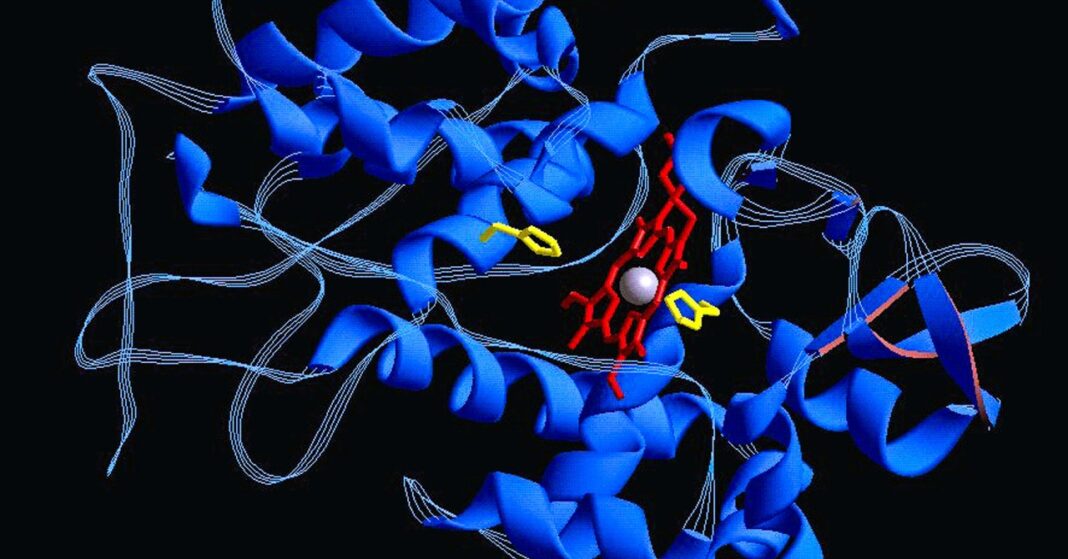In Short:
Hodgkinson is concerned that recent AI Nobel Prize winners may shift researchers’ focus to techniques rather than scientific substance. He warns this could lead to a surge of low-quality research, similar to past tech hype cycles. With AI publications skyrocketing, scientists might prioritize trendy topics for funding over innovative thinking, risking superficial advancements and encroaching on other scientific fields without proper expertise.
Concerns are being raised by Hodgkinson regarding the focus of researchers on techniques over scientific inquiry following the recent recognition of a trio with a Nobel Prize in their respective fields. He expresses apprehension that researchers may misuse chatbots and other AI tools, mistakenly believing that all technological innovations in AI are on equal footing. “What I hope this doesn’t do is make researchers inappropriately use chatbots, by wrongly thinking that all AI tools are equivalent,” he remarks.
Historical Context of Hype Cycles
Hodgkinson’s concerns are underscored by the historical pattern of hype cycles surrounding emerging technologies, including blockchain and graphene. Following the discovery of graphene in 2004, academic interest surged, resulting in the publication of 45,000 papers from 2005 to 2009, as noted by Google Scholar. This number skyrocketed to 454,000 publications between 2010 and 2014 after the Nobel Prize was awarded to Andre Geim and Konstantin Novoselov, and surpassed one million from 2015 to 2020. Despite this increase in research output, the real-world applications of graphene have been relatively modest.
The Impact of AI Recognition
The acknowledgment of multiple researchers for their contributions to AI by the Nobel Prize panel could lead to an influx of interest in the field, prompting concerns about the quality of future scientific endeavors. “Whether there’s substance to the proposals and applications [of AI] is another matter,” Hodgkinson adds.
Rise in AI Publications
The media and public interest in AI have significantly influenced academic output. According to Stanford University, the number of AI-related publications has tripled from 2010 to 2022, with nearly 250,000 papers published in 2022 alone—equating to over 660 new publications daily. This trend escalated further following the launch of ChatGPT in November 2022, which catalyzed the generative AI movement.
Concerns from Academia
Julian Togelius, an associate professor of computer science at New York University’s Tandon School of Engineering, expresses concern over the tendency of academics to pursue the trajectory of least resistance. “Scientists in general follow some combination of path of least resistance and most bang for their buck,” he explains. Given the competitive academic landscape, where funding is scarce and closely linked to job prospects, the allure of working in a trending field that offers the potential for Nobel recognition may prove irresistible.
Potential Consequences
This trend raises the risk of inhibiting genuine innovation in scientific thinking. “Getting more fundamental data out of nature, and coming up with new theories that humans can understand, are hard things to do,” Togelius states. Such endeavors require profound contemplation. Conversely, the ease of conducting AI-enabled simulations that reinforce existing theories may lead a new generation of scientists to favor minor advances over radical breakthroughs.
Cross-Disciplinary Challenges
Furthermore, the enthusiasm surrounding AI may motivate computer scientists to extend their reach into unrelated scientific fields, spurred by the recent awarding of Nobel Prizes in physics and chemistry for AI-related work. Togelius points out, “Computer scientists have a well-deserved reputation for sticking their noses into fields they know nothing about, injecting some algorithms, and calling it an advance, for better and/or worse.” He acknowledges having felt the temptation to apply deep learning techniques to other scientific disciplines, but ultimately refrained due to his limited knowledge in those areas.





